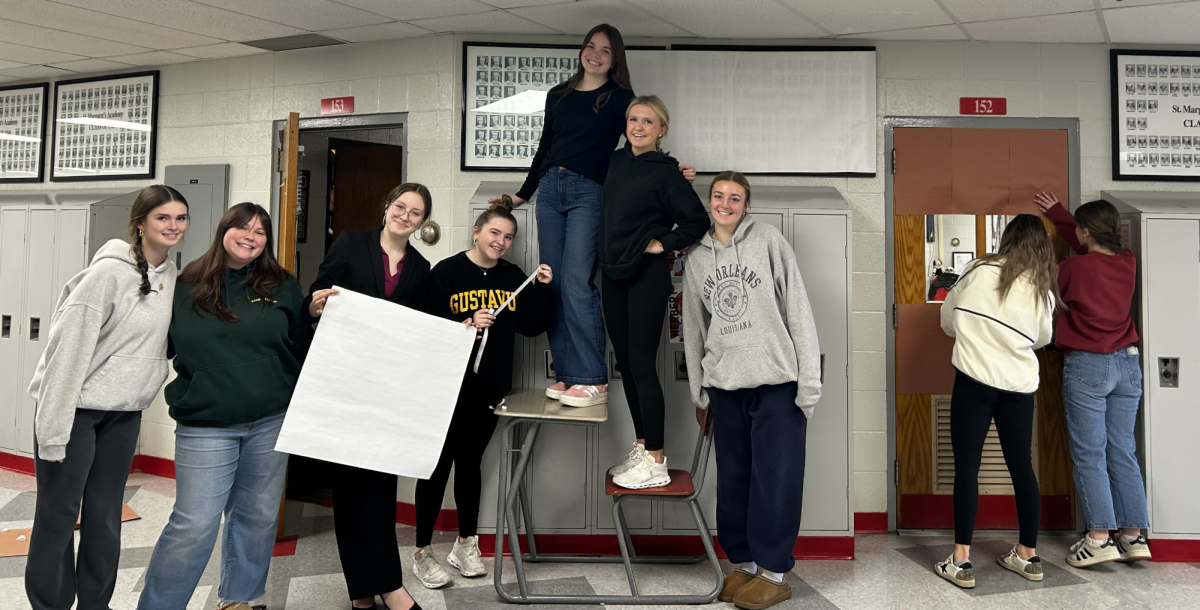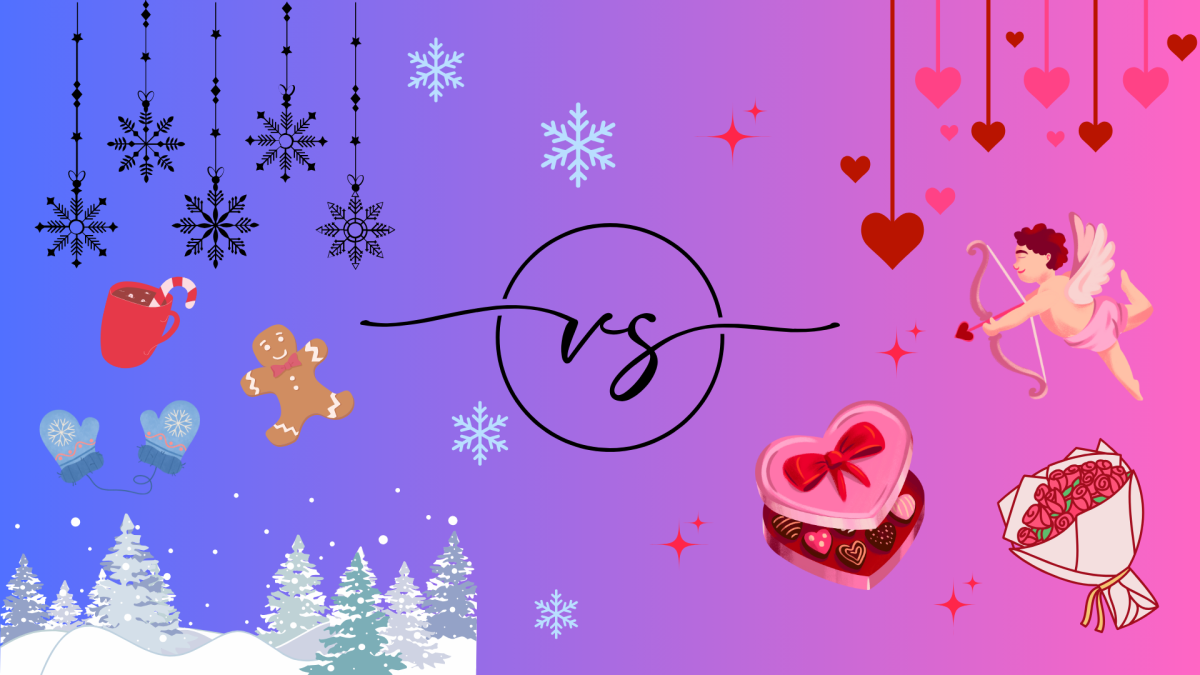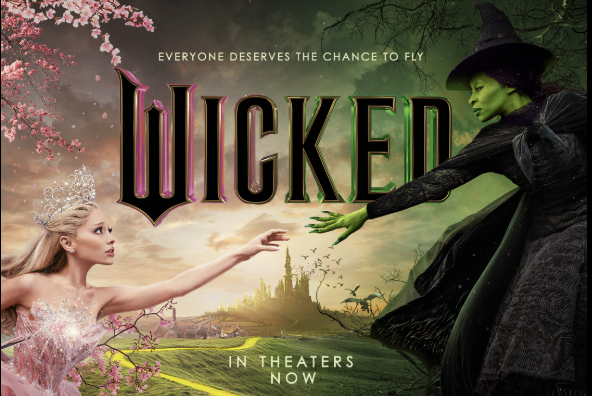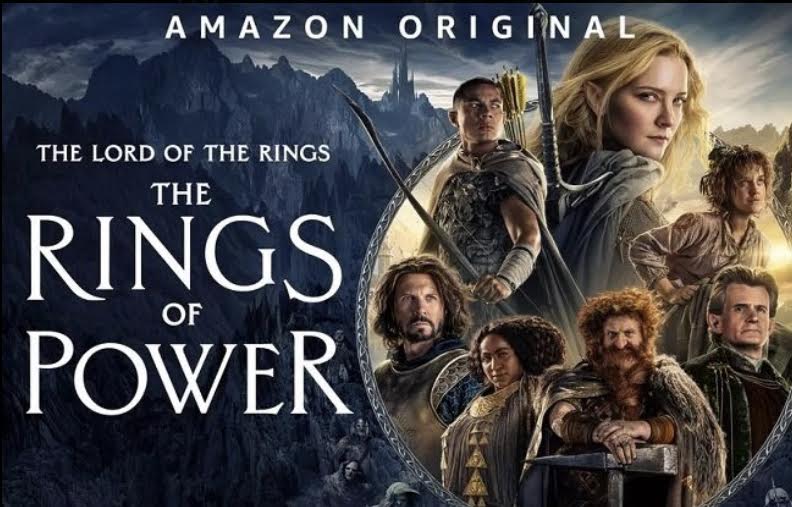Rings of Power season two debuted on Amazon Prime with a three-episode premiere on August twenty-ninth and released its eighth and final episode on October third. The first season of Rings of Power sparked heavy controversy and enraged fans worldwide due to poor quality. However, the second season faced drastic improvements, appeasing fans despite increased deviation from J.R.R. Tolkien’s original works. So, what caused the first season to fail, and how is the second season any different?
Amazon purchased the rights to adapt J.R.R Tolkien’s Lord of the Rings Universe in November of 2017, paying a whopping $250 million for a multiple-season commitment. The budget for season compared to season two increased dramatically from $465 million to $700 million. Amazon paid not only to make the series but also for the rights to adapt the story from its original format, allowing them to take certain creative liberties with the show. Amazon did contact Peter Jackson, the creator of the original film adaptations of Lord of the Rings. He commented on being interested in working on the new series but was promptly ghosted by Prime. This was Amazon’s first and most fatal mistake. Jackson’s experience with adapting Tolkien’s work to film would have proved invaluable to the show’s production.
After the backlash Prime received for the first season of Rings of Power, they switched tactics to avoid the same failings with season two. One change they made that I noticed was the number of writers working on each episode. There were four, sometimes five, writers per episode in the first season, making the show inconsistent. Things such as characters’ personalities and relationships varied greatly, making the show feel scatterbrained and boring. For instance, one of the most important characters in the show, Galadriel, was at first a driven, powerful, and independent person, but in episode two, she acted unsure and hesitant.
The first season’s failure was not the fault of the cast; in fact, the excellent casting choices were the only thing holding the show together. However, the writing was like night and day, depending on the scene and episode. In season two, only two out of eight episodes were written by more than one writer. We also see the emergence of more nuanced personalities within the characters. Not only do the characters have more depth, but so do their relationships with one another, such as with Galadriel and Elrond. One part that I particularly enjoyed was Sauron’s strategic manipulation of Celebrimbor; it spanned the entire series and was a masterful portrayal of Sauron the Deceiver. I am glad Amazon Studios decided to get their act together and produce a show worthy of Tolkien’s work, I only wish the first season could have been as carefully created.









































